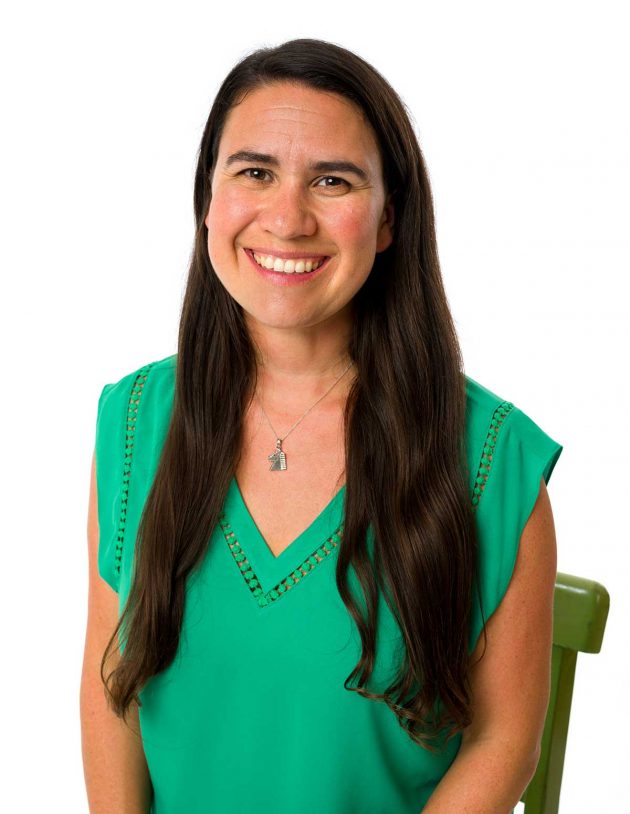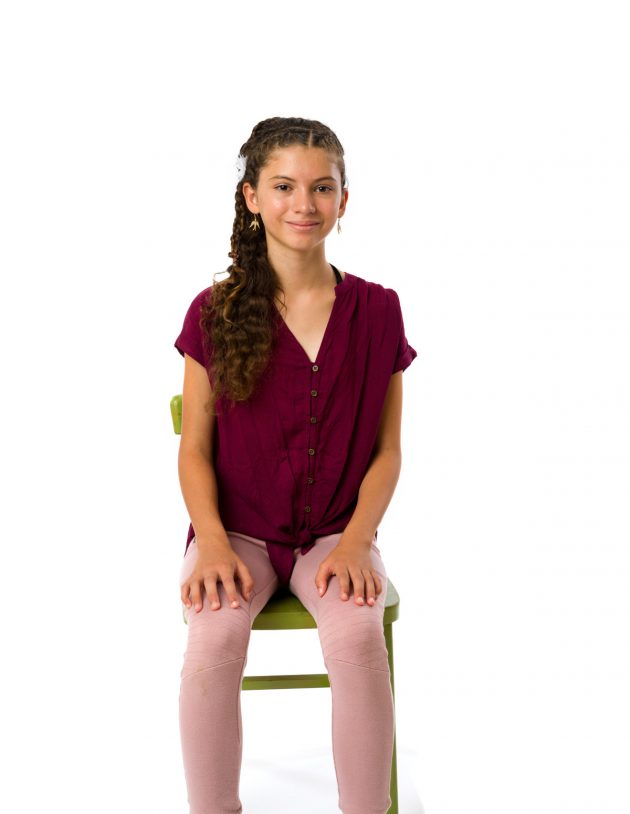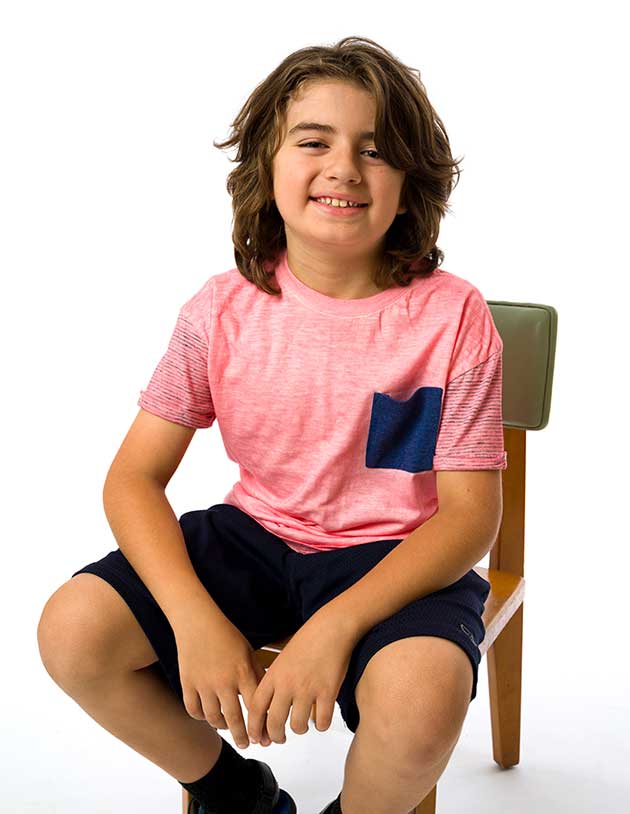This year as an adjunct lecturer at Hunter College’s Department of Curriculum and Teaching I’m getting the opportunity to work with a lot of first year teachers and that’s made me think a lot about what supports good teaching.
I also have the privilege of working with Little Flower Yoga mentoring new yoga and mindfulness teachers, and I’m a guiding teacher for Mindful School’s online curriculum training—which allows me to support educators who are planning on teaching mindfulness to youth in their communities.
It really is an honor to be able to usher these daring individuals as they first embark in a career that’s going to be as rewarding as it is challenging.
And because I consider it an honor, and because as an English teacher in the Bronx for over a decade I have worked with truly masterful educators, I recognize the importance of helping these folks because they will touch and transform countless lives with their dedication and hard work.
So what it is that first year teachers need to know?
What can I offer these teachers so they not just survive their first year at work, but thrive so they are making an impact in the lives of their student from the very first day?
Whether you’re a novice or veteran teacher, as we enter the new school year, I would like to offer the following with the hope that it supports you and your students.
Cultivate a contemplative practice that supports reflection and mindful inquiry:
At Hunter College I introduce my students to mindfulness and yoga practices so they have tools they can turn to when they’re encountering difficulties in and out of the classroom. For these students it often means introducing them to something they’ve never tried before. Once a week, by simply encouraging an exploration of the breath and present moment awareness through the senses, student teachers learn to cultivate tangible and practical tools to support them when difficult emotions or situations arise in and out of the classroom.
When working with mindfulness and yoga instructors, this often means exploring, with kindness and curiosity, the kinds of practices they currently have and determining if it is supportive to their well being in the present context. For example, oftentimes we have really tough schedules and stressful weeks and a softer, gentler practice might be more appropriate even though we might prefer a more rigorous yoga class.
Also, if the only meditation or mindfulness practice the instructors have is associated with a yoga class, I strongly encourage they cultivate a mindfulness practice that exists off the mat. My mentors at Mindful Schools and Little Flower yoga are clear that developing a daily practice is key when the content area we’re teaching is yoga and or mindfulness.
 Make sure that you are part of a nurturing and supportive community:
Make sure that you are part of a nurturing and supportive community:
Connection to others and having a safe space to discuss triumphs, give and receive helpful advice, and talk though difficult situations are key to helping you not feel isolated and address feelings of overwhelm. These communities may or may not be within your school building but being part of a supportive community will help you model and create a safe classroom environment for your students, which will also support your own wellbeing.
Be clear about your intentions:
This is as much about developing a pedagogical vision that is true to your highest ideals as it is about your intentions when
you’re creating lesson plans or handling difficult situations in the classroom. Making time to reflect and come back to your intentions will help guide the decisions you make around instruction but more importantly support the kinds of relationship you create with your students and colleagues.
Cultivate a self-care regime that includes physical and mental well being:
This is key because most teachers I know, especially new ones, give of themselves selflessly to the job. The teachers who I’ve seen as having the most success, are the ones that are clear about their professional and personal boundaries and take time to recharge and take care of themselves. How we eat, sleep, and listen to our bodies goes hand in hand with presenting the best version of ourselves to our students. Just think about how hard it is to be kind to others when we’re hungry or sleepy.
Be you!
The teachers that have the best relationships with their students are transparent, vulnerable, and do not put up a front. Students respect authenticity but more importantly it establishes trust. How can students take risks, tackle difficult topics or situations in healthy ways, if they feel like they don’t know who you are? If you’re true to who you are, students will root for you and want to see you succeed.
Included in this is knowing that all of us harbor implicit biases. Part of being authentic means witnessing without judgment those preconceived notions as they rise within us in order to understand them and heal them. Having implicit biases does not make you a terrible person or racist but if we’re not aware of them or have space to explore those feelings skillfully, we may find ourselves acting in ways that are not true to what is unfolding with our students in the moment. This is harmful to our students and can damage the relationships you’re trying to nurture.
I’d like to end by saying that a lot of the successes in my career as an educator, both in the high school and college setting, have been because I spend a lot of time developing connections and relationship with my students. I allow myself to be seen, warts and all, and I allow myself to see my students as complete individuals with valid feelings and perspectives. This makes my students my greatest teachers.
Once it is clear to my students that I care about them and value what they contribute to the class, they are willing to take risks and engage with learning.
I encourage you to support a safe environment that allows for student input, a sense of agency, and a mindful inquiry into difficult topics. I ask that you think about ways to support learning for all students, especially the ones that are most different than you or giving you the most difficult time (notice your implicit biases and hold them gently). And please, find ways to support your own wellbeing so you can be the best version of yourself.
May you be happy and healthy this school year as you engage with this important work.
ABOUT ARGOS GONZALEZ:
Argos Gonzalez is a teacher, lecturer, and mindfulness and yoga instructor. He has 13 years of experience teaching high school in the Bronx and teaches pre-service and in-service teachers at Hunter College School of Education in NY. Argos is certified through both Mindful Schools and Little Flower Yoga (LFY), and currently serves as the director of professional development for The School Yoga Project, a program of LFY. For more information about Little Flower Yoga and The School Yoga Project, visit www.littlefloweryoga.com. Contact Argos by email at argos@littlefloweryoga.com.



















